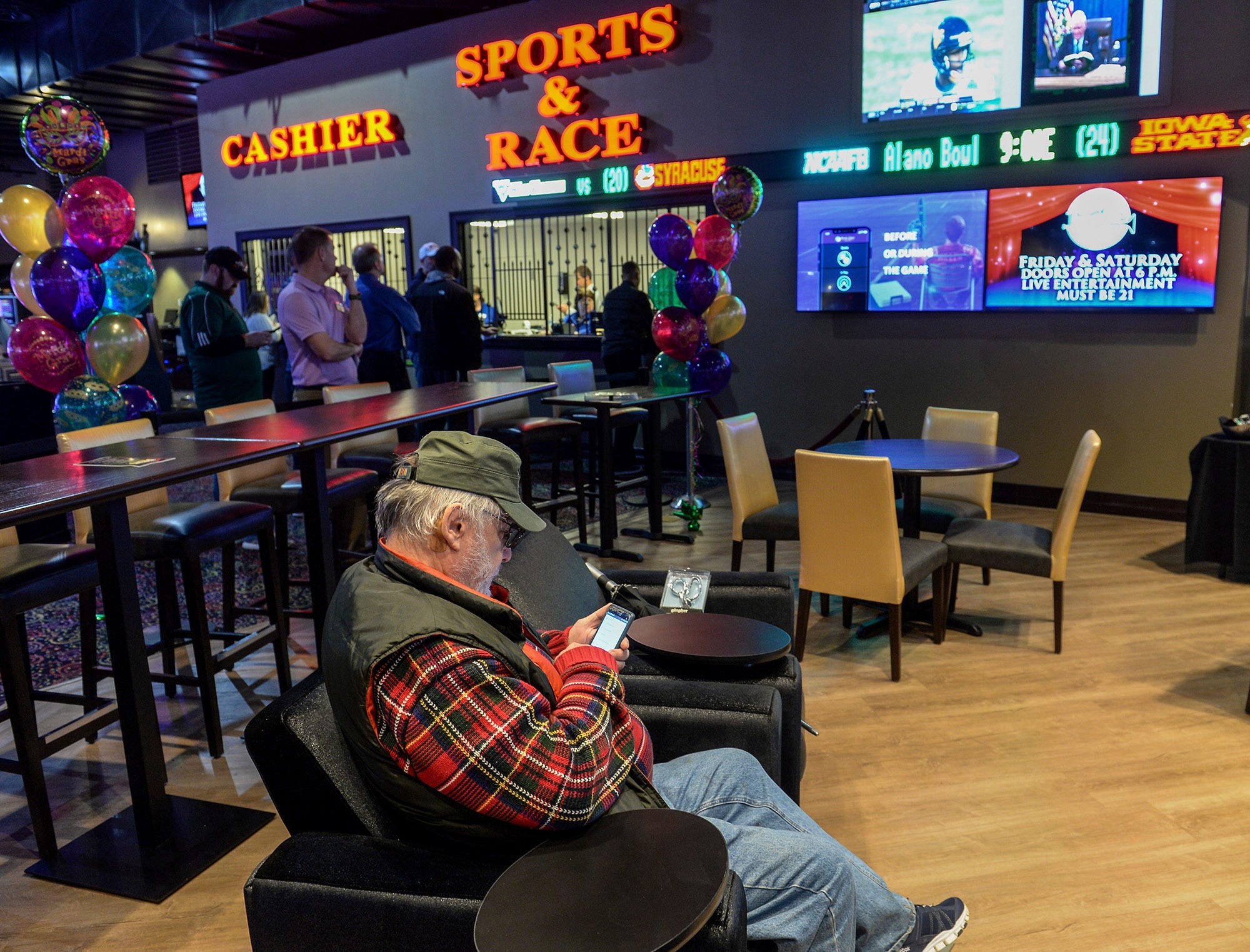Opinion: Despite veto, online gambling still coming
As Majority Floor Leader of the Michigan Senate, I, along with the rest of the Michigan legislature, worked hard to help dig Detroit out of what amounted to the largest municipal bankruptcy in U.S. history. Given that the city has reported balanced budgets, leading to state oversight of its finances concluding in April, our efforts have clearly worked to some degree; however, the state's representatives can and will do more to help Detroit blossom back into the economic powerhouse we all know it can continue being.
In December, in a rare, bipartisan fashion, the Michigan Senate passed a bill to legalize online gambling, which, if signed into law, could have uplifted the city’s economy by bringing over tens of millions in revenue to the city and state's economy. Rather than reap the fruits of this new business activity and tax revenue, however, on Dec. 28, the people of Michigan instead received word of Gov. Rick Snyder’s red veto pen forming a roadblock.
While Snyder made a mistake, residents of the state of Michigan should not fret. The coalition of Democrats and Republicans we have forged in the state supportive of online gambling legalization has become too large to ignore, so the measure will get through the governmental process sooner rather than later. Instead of looking backward, we must look forward. That means using this time to inform our new governor, Gretchen Whitmer, on the many myths about online gambling out there so that this bipartisan effort doesn’t face another veto next year.
Some view online gaming sites as a supplementary service to brick and mortar gambling houses but they are in fact a complementary one. The traditional casinos in Detroit will not lose revenue because of legalization; in fact, studies show that their coffers will increase by astronomical sums each year as a result of it.

According to Amaya Inc., internet games can generate anywhere between $45 to $59.4 million in new revenue for Detroit’s casinos alone on an annual basis. In New Jersey, where online gambling has been legal since 2014, brick and mortar casino revenue has increased by over $150 million since legalization. It will become an economic blessing, not a liability, for the city of Detroit, if only the incoming governor gives it a chance to succeed.
Others worry about sanctifying what many consider to be a vice, but even the National Council on Problem Gambling (NCPG) does not oppose online gambling legalization because, as its national director, Keith Whyte, has made clear, the genie is already out of the bottle. The real question today is not whether online gambling should exist; it is who should control it and under what parameters. Residents in Michigan are already gambling at unregulated, offshore online sites. Should policymakers like me continue to allow constituents to be put at risk, or should they work to create a safer, legal marketplace?
The choice of legalization becomes even easier to make when considering the issue of safety. NCPG has also stated that it is easier to detect problem gambling at regulated online casinos than it is in land-based ones. Permitting legal e-casinos to sprout up will also better protect children by using thorough identity checks, which appear to be more successful than even those found in traditional gambling outlets. Such safeguards are often not found in the existing offshore websites. So, what are we waiting for? Why not protect Michigan residents by killing the black marketplace, creating a legal framework, and allowing the state of Michigan to collect tens of millions in revenue each year?
While both parties were disappointed by last week’s veto of the online gaming bill, in the coming year my colleagues that are still serving look forward to working with Whitmer to push it over the finish line once and for all.
Mike Kowall represented the 15th District in the Michigan Senate from 2011-2018, where he also served as the majority floor leader.